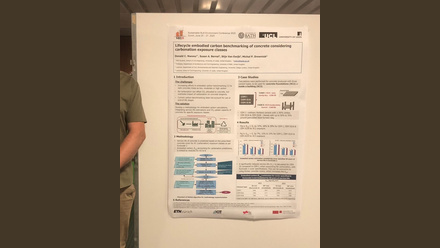Half of manufacturing managers complain of burnout due to COVID-19
As the nation marks Mental Health Awareness Week, new research from not-for-profit healthcare provider, Benenden Health, reveals that half of managers in manufacturing have experienced burnout because of COVID-19, with a sixth considering quitting their jobs as a result.

The UK Office for National Statistics has reported that the number of individuals experiencing symptoms of depression has almost doubled since the start of the pandemic. Benenden Health has, in turn, examined the impact on the nation’s workforce.
This has revealed the effect of COVID-19 on the working lives of managers in manufacturing and their subsequent experiences of burnout, which is the occurrence of exhaustion, stress, cynicism and/or feelings of reduced professional ability due to demands at work.
The main causes of burnout were shown to be limited social interaction (56%), anxiety about the future (50%) and a lack of sleep (53%), while a quarter (27%) revealed that working longer hours had contributed.
Despite more than a third of managers wanting to take time off work due to burnout, only one in ten have done so, with others revealing they couldn’t due to their workload, their team needing them, fearing an absence would impact their career progression and that senior management wouldn’t let them do so.
The survey also reveals that almost a fifth of those who have experienced burnout in the past year have sought medical support, while a quarter either took time off as annual leave or a physical health sick day to hide the real reason for their absence.
On a personal level, nearly a third of managers report that work has caused increased anxiety in the past year, a quarter revealed their diet has got worse and one in ten said their relationship with their partner has deteriorated.
As the nation begins to roll back COVID-19 restrictions, a quarter of managers in manufacturing revealed that they are worried about being encouraged to work from a physical site before they are comfortable doing so, while one in ten believes that the easing of restrictions will put more pressure on them at work.
Naomi Thompson, Head of OD at Benenden Health, says. 'It goes without saying that the past year has been incredibly challenging for individuals across the nation, both in our personal lives and at work.
'Businesses too have suffered immensely from the COVID-19 pandemic and these pressures have filtered down to management, who have been vital in keeping operations going at work while managing their own lives at home.
'An open, two-way conversation must now take place to ensure employees are able to disclose and address any mental wellbeing concerns without fear. It is also important that employers are in a position to support appropriately and effectively, to the benefit of both individual employees, and the business as a whole. In building a happy, healthy and productive workforce, employers will also have to consider how their operations change as restrictions ease, ensuring that employee wellbeing is at the forefront of these conversations.'









